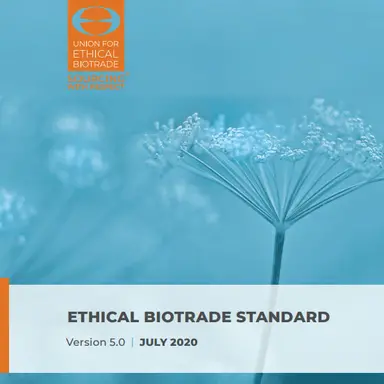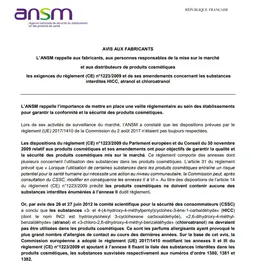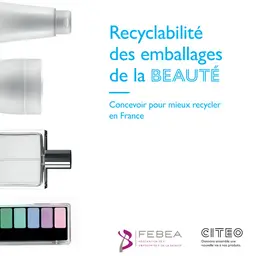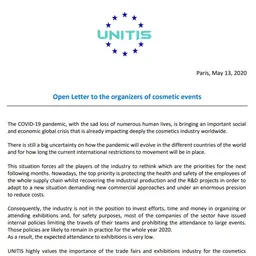
The UEBT (Union for Ethical BioTrade) announced the publication of its new standard. It defines practices that respect people and biodiversity in the way ingredients from biodiversity are grown, collected, researched, processed and commercialised. It is used by companies and other organisations to promote such practices in their operations and along their supply chains – all the way to the cultivation or wild collection sites.
The UEBT standard applies to ingredients from biodiversity, including plant parts and compounds. Examples include flowers, leaves, roots, stems, fruits, extracts, waxes, colorants and flavours. Companies may also work with microorganisms, algae or beeswax.
The UEBT standard is oriented towards specialty ingredients that are used in relatively small volumes. This is different than commodities such as coffee, palm oil or timber that other standards systems focus on.
The new standard closes a comprehensive revision process started many months ago that involved a wide range of stakeholders from various countries and sectors. Through two public consultations, UEBT gathered more than 300 comments from about 150 individuals and 80 organisations.
What is new in the standard?
• Better defined practices and detailed guidance for biodiversity conservation and sustainable use, with an increased focus on regeneration of biodiversity.
• A more outcome-based approach, emphasising monitoring of actions taken, assessing results and implementing improvements.
• More guidance on cost calculation so that fairer prices are paid to farmers and wild collectors. • Better alignment with legal and policy developments related to access and benefit sharing (ABS) and the Nagoya Protocol.
• Further alignment with United Nations Guiding Principles on Business and Human Rights and …













